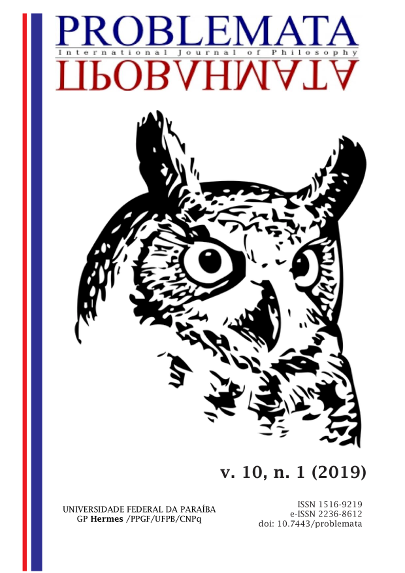CULTURAL DELAY AND DECADENCE OF STUDIES: AN OLD TOPIC IN THE PEDAGOGICAL CONTROVERSIES
DOI:
https://doi.org/10.7443/problemata.v10i1.46145Keywords:
Rhetoric, oratory, pedagogical progress, decadence, education reform, Renaissance, Enlightenment.Abstract
In his De oratore (1.2.7-1.6.20) Cicero points out some reasons why excellent orators are so rare. Under different circumstances, in his Dialogus de oratoribus (1.1) Tacitus states the reasons for the decadence of oratory. But it may well have been Quintilian, who set the ground for a new form of argumentation: in his De causis corruptae eloquentiae he argued for a critical work based on the decadence, rather than the incipience of rhetorical studies. From Renaissance onwards such syncrisis will get still more complex with the antiqui/ moderni and the oratores/causidici quarrels, boosted by old topoi like taceat superata uetustas or the translatio imperii/translatio studii analogy. Such framework is key to understanding the reception of Tacitus' dialogue in the late XVI century and the early XVII century, a time in which educational institutions appear to have regained some stability. The screening of Tacitus’ themes and motifs ends with the harsh criticism aimed by the ‘enlightened’ José Agostinho de Macedo and António Sérgio at the 17th century trends (‘Seiscentismo’), ‘cadaverous realm’, 'reign of stupidity’.
Downloads
Downloads
Published
Issue
Section
License
Authors who publish with this journal agree to the following terms:
- Authors retain copyright and grant the journal right of first publication with the work simultaneously licensed under a Creative Commons Attribution License that allows others to share the work with an acknowledgement of the work's authorship and initial publication in this journal.
- Authors are able to enter into separate, additional contractual arrangements for the non-exclusive distribution of the journal's published version of the work (e.g., post it to an institutional repository or publish it in a book), with an acknowledgement of its initial publication in this journal.
-
- Authors are permitted and encouraged to post their work online (e.g., in institutional repositories or on their website) prior to and during the submission process, as it can lead to productive exchanges, as well as earlier and greater citation of published work (See The Effect of Open Access).





